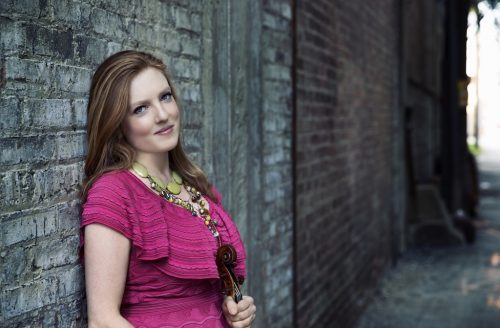
BY JUDY CARMACK BROSS
When Rachel Barton Pine raises her violin June 4 at the dazzling new DePaul Music Center to perform at the tenth anniversary celebration of The Village Chicago, her seven-year-old daughter Sylvia will do the very same thing. The duet will be a soaring interpretation of classic and contemporary works played with the infectious joy of two redheads delighting in music making.
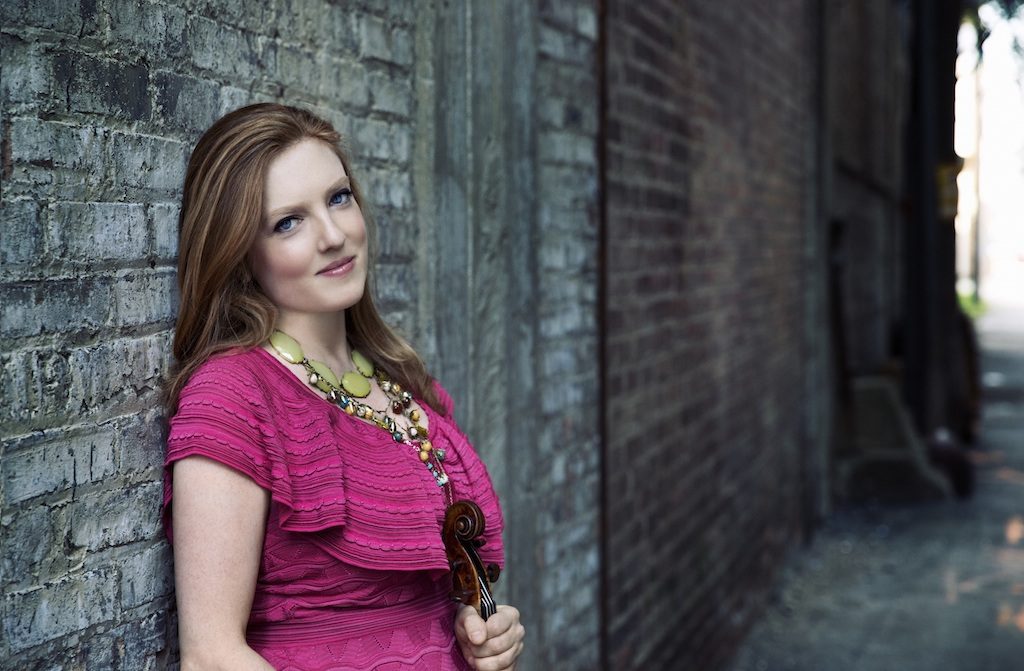
Rachel Barton Pine. Photo by Lisa-Marie Mazzucco.

Sylvia Pine.
For 11 of the year’s 12 months, Rachel and Sylvia travel the world appearing at concert halls, school auditoriums, homeless shelters, music teacher conferences, and charity venues, all for the love of music. “In December, most musical venues focus on ‘The Messiah’ and ‘The Nutcracker,’ so we are happily in Chicago then,” she explains.
Along the way, Pine devotes significant time to her foundation, which aids struggling young musicians, and focuses on aspects of musical education. She and husband Greg Pine, a former baseball pitcher and now healthcare executive, first took Sylvia on the road when she was three weeks old: “We miss the joy of say, having a cat or growing a garden, but we are together and doing what we love to do.”
At two and a half, Sylvia picked up her first violin—six months younger than her mom. In kindergarten, Pine was already signing her papers “Rachel, violinist,” but Sylvia could add “composer and singer.” In fact, she introduces herself as a composer at performances at elementary schools around the world.
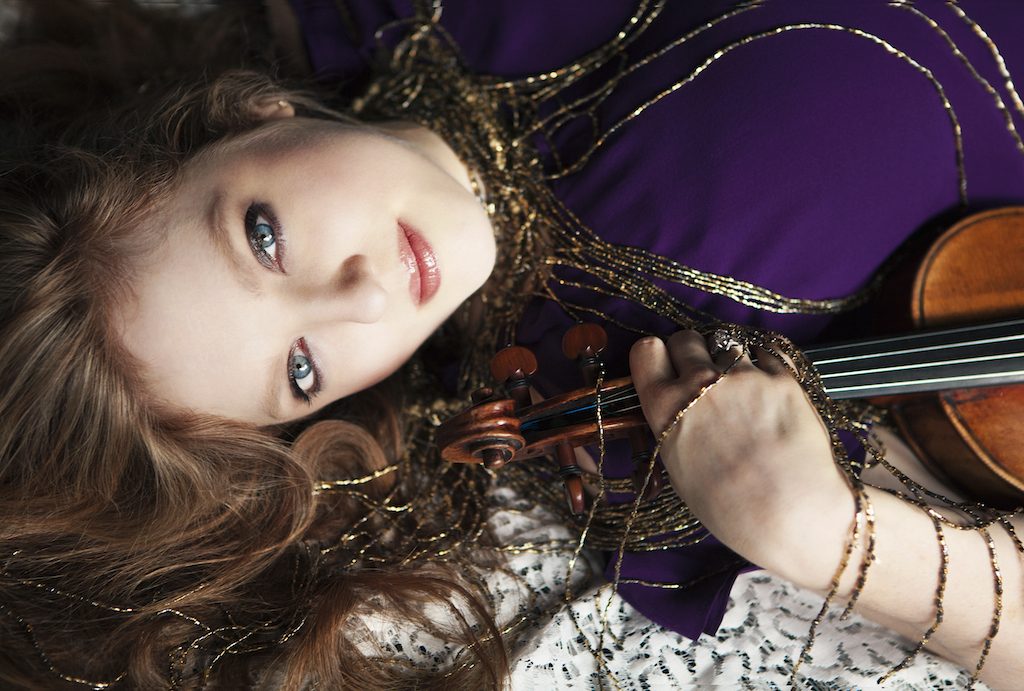
Photo by Lisa-Marie Mazzucco.
A Pre-Raphaelite beauty whose conversation is filled with the same warmth of affection she shows on stage with her audience, Pine described their intergenerational experiences: “I fell in love with the violin when I was three and soon was performing at churches in my neighborhood. The violin took over my life, and I was always learning new pieces. My parents were as surprised as anyone else. My father had been the captain of the University of Chicago’s fencing team, and I think there’s a link there because a violinist must develop a fine bowing technique. In the 17th century, one of the greatest violinists was also a terrific swordsman.
“Sylvia, on the other hand, has heard the violin since she was in the womb and not a day has gone by in her life that she hasn’t heard a violin playing. She never went through that ‘Oh, wow, the violin exists’ that I did. At the age of 4 she could do her own independent part when we played together.
“But her development has been totally different than mine. I played classical music until I was in my twenties—it never occurred to me to try fiddle music or contemporary. Her teacher has encouraged her to improvise and she loves to sing. When we are on tour, she joins me in playing for school groups, often setting nursery rhymes to music. She has also been invited to perform a solo in a Vivaldi concert in Tel Aviv in 2020. Sylvia’s nanny is a former schoolteacher and keeps her up on her studies.”
In addition to her own repertoire and advancing musical education, Pine loves researching other music, including her 15-year effort to bring together 900 pieces by 350 black musicians. She is known for her delight in heavy metal music, although she doesn’t listen to it when Sylvia is around. She also has a passion for “the great romantic symphonies and fiddle jam sessions.”
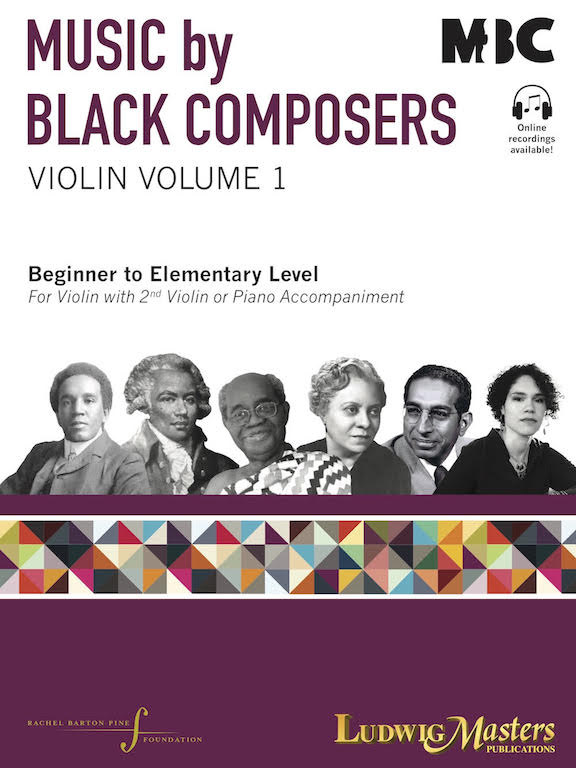
Music by Black Composers, Violin Volume I.
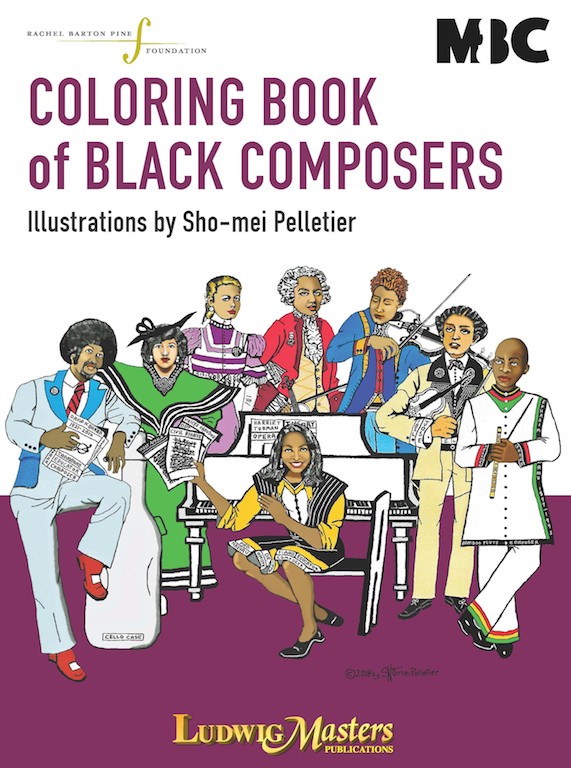
The accompanying MBC Coloring Book.
“I love researching not only music but also the lives of composers,” she adds. “Sylvia provided a very fun fact about Brahms the other day, gleamed from a children’s book about composers. It seems that he didn’t like to wear socks and at fancy dinner parties, he would pull up his pants leg a bit to shock the ladies.”
Pine is internationally beloved not only for her dazzling techniques and lustrous tones but also for the masterful way she has taken adversity and put it to work to help others: “While I was growing up, my parents struggled financially. Although I had music scholarships, there were times when money was just enough to buy groceries and none was left over for gasoline to fuel trips to the suburbs for my lessons. For struggling families, 100 percent scholarships are not enough. Our foundation doesn’t pay for music lessons but for those other things a music student needs: from new strings for their violins, clothing for costumes, transportation, and other necessities.”
We asked Pine about her advice for parents whose children are studying musical instruments: “Most importantly, parents shouldn’t get caught up the urge to be competitive. For example, some babies learn to crawl at 6 months, others at 9 months, and there is no correlation at the end. I remember in one of my classes that one student had the fastest staccato, and we were all envious. Years later we learned that she couldn’t develop a medium or slower staccato, so there was a lesson for us who envied her fast staccato but come accomplish medium and slow. Everyone is different and we have to celebrate their paths and wait to see what they will be when they grow up.”
She continues, “With musical instruments the quality of practice and the consistency is important: the old adage ‘practice makes perfect’ is correct. If you practice for hours with bad habits, you just make them worse so you should practice with a good focus.” Sylvia has just passed her 800th straight day of practice.

Sylvia.
Most crucially, Pine says, “Let your child figure out who she is. It is most important that a child become a good person and be happy. Right now Sylvia self identifies with being a composer, and she is at a whole new level than I was. But the only thing predictable about children is that it is all unpredictable.”
We were curious if Pine has ever gotten stage fright and had any advice for people who do. She replied, “I started playing so early in churches that performing was second nature to me, so I never had stage fright with a music performance because I had practiced so much, even giving pretend bows. But I remember once having to speak at a Rotary Club on music education and getting a twinge of stage fright. I told myself I needed to say the speech out loud at least five times.”
She added, “It is important to tell yourself, whether you are playing or speaking, that the audience is on your side and they want to hear you. You have to accept yourself and then everyone else will too.”
Pine talked a little of the future: “I just released by 37th album and have plenty in the works. I am always building repertoire and just want to keep doing what I am doing.”
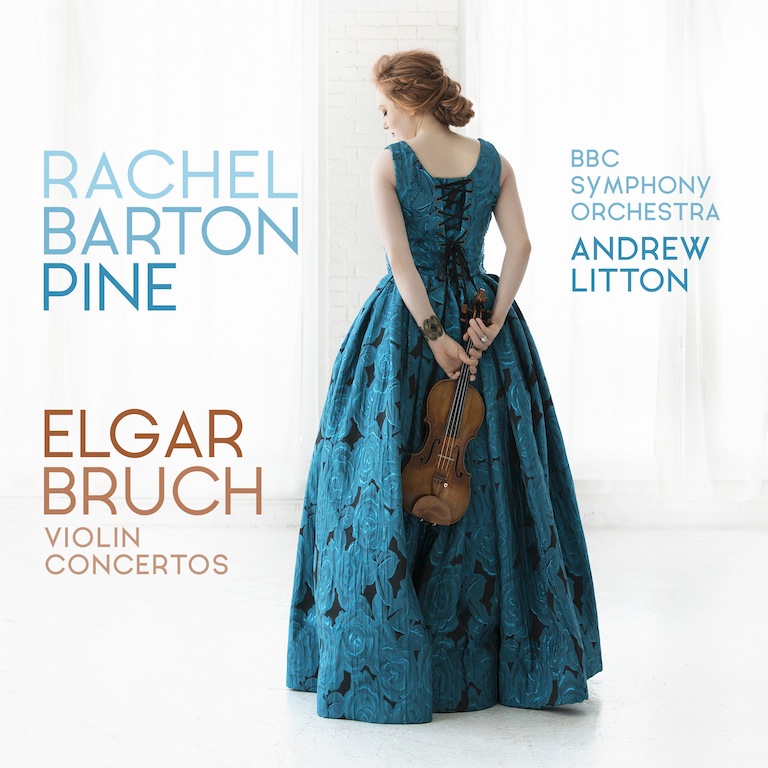
Rachel Barton Pine, Elgar Bruch.
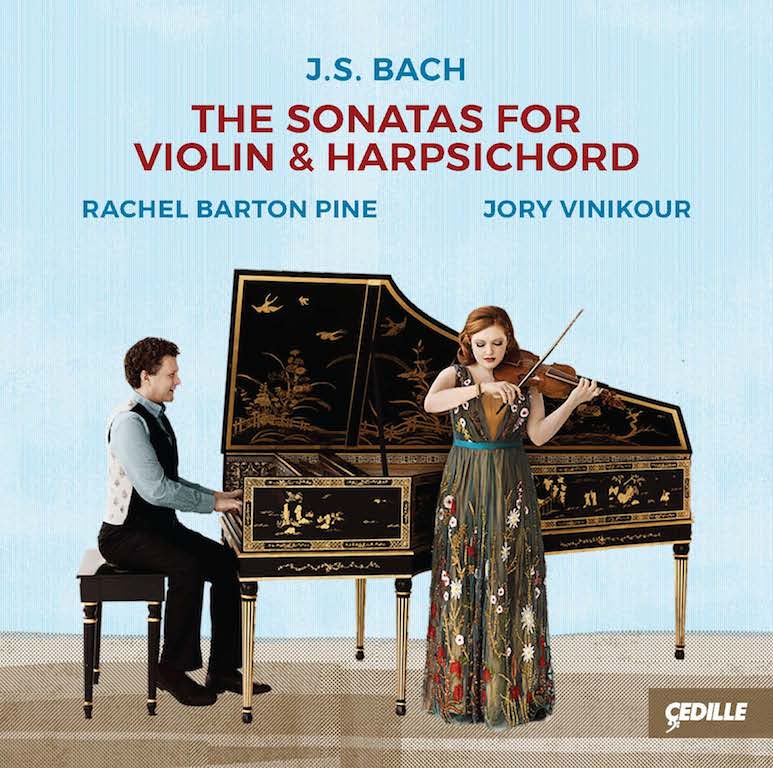
Bach Sonatas for Violin and Harpsichord.
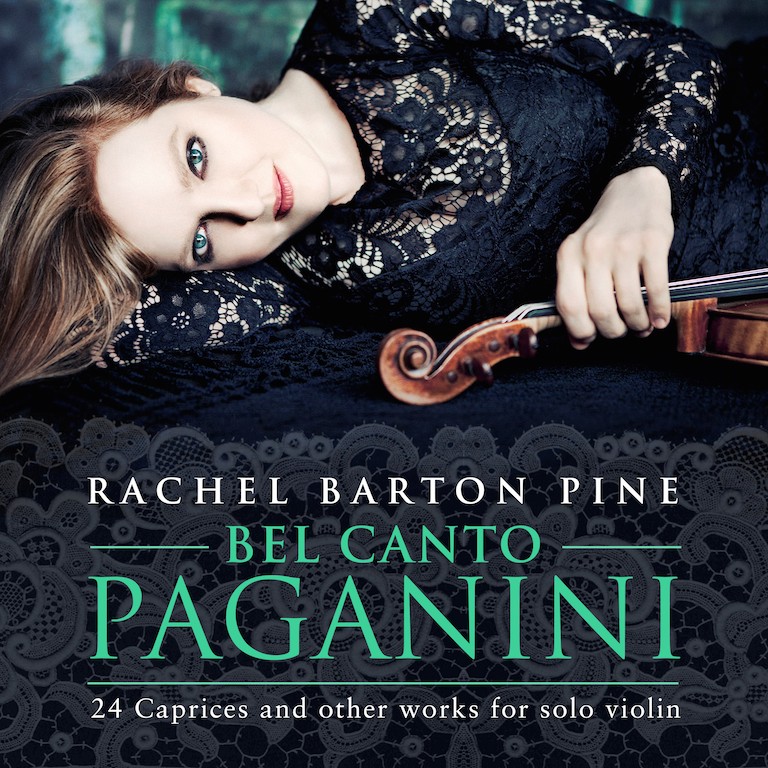
Rachel Barton Pine, Bel Canto Paganini.
With a schedule that takes her soon to Mexico City and Sonoma, she said she was delighted to find herself in Chicago to play for The Village Chicago Gala this month: “I really appreciate the Village’s programs to bring together generations and enhance the quality of life of everyone as they live longer and more productive lives.”
Darcy Evon, Village CEO, described the organization’s excitement about Pine and Sylvia’s intergenerational salute: “The Village is observing this tenth anniversary year with a celebration of our commitment to age-integrated communities and activities. So we are especially honored to have both Rachel Barton Pine and her daughter Sylvia perform, two generations of artistry. We are looking forward to many more years of ensuring that Village members can live intergenerationally, in and with community, through all ages and stages of life after 50.”
Tickets are still available for The Village Chicago 10th Anniversary Celebration and Benefit. For more information, visit thevillagechicago.org.



